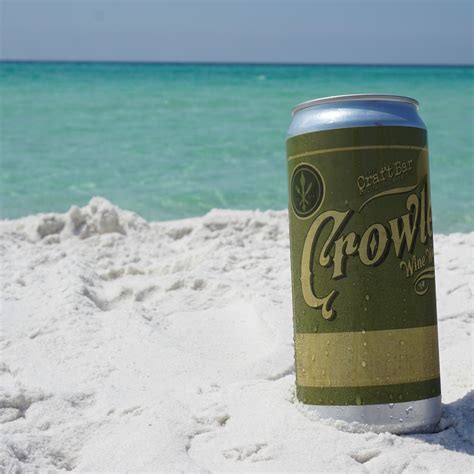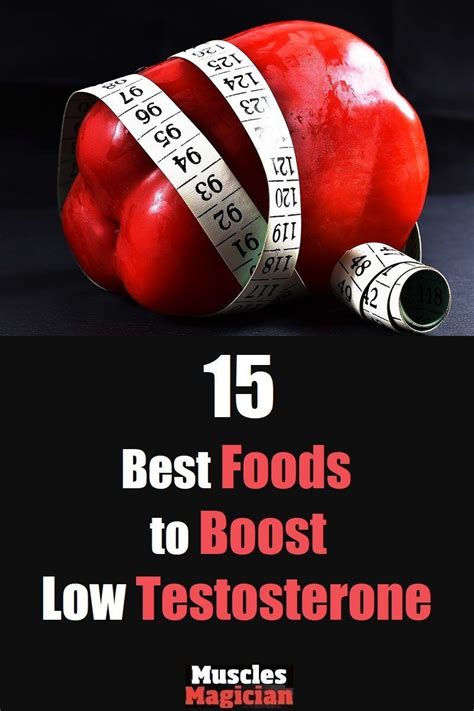How can men naturally boost testosterone for peak energy & performance?

Understanding Testosterone and Its Importance
Testosterone, often hailed as the cornerstone of male vitality, plays a crucial role far beyond just muscle mass and libido. This vital hormone influences energy levels, mood, cognitive function, bone density, and even red blood cell production. As men age, testosterone levels naturally begin to decline, often leading to symptoms such as fatigue, decreased muscle mass, reduced sex drive, and difficulty concentrating. While this decline is a natural part of aging, there are numerous scientifically-backed, natural strategies men can adopt to optimize their testosterone production and reclaim peak energy and performance.

The Power of Proper Nutrition
What you eat directly impacts your hormonal balance. To naturally boost testosterone, focus on a diet rich in whole, unprocessed foods. Prioritize healthy fats, which are essential building blocks for hormone production. Sources like avocados, nuts, seeds, olive oil, and fatty fish (salmon, mackerel) should be staples. Adequate protein intake is also crucial for muscle repair and overall hormonal health. Lean meats, poultry, eggs, and legumes are excellent choices.
Beyond macronutrients, certain micronutrients are pivotal:
- Zinc: Found in oysters, red meat, poultry, beans, nuts, and pumpkin seeds, zinc is critical for testosterone production.
- Vitamin D: Often called the ‘sunshine vitamin,’ Vitamin D is actually a steroid hormone precursor. Low levels are frequently associated with low testosterone. Sunlight exposure is the best source, supplemented by fatty fish, fortified foods, or a high-quality supplement if necessary.
- Magnesium: Involved in over 300 bodily processes, magnesium helps keep testosterone free and bioavailable. Spinach, almonds, cashews, and dark chocolate are good sources.

Exercise Smart, Not Just Hard
Physical activity, especially certain types, is a powerful testosterone booster. However, not all exercise is created equal when it comes to hormonal optimization.
- Strength Training: Lifting weights, particularly focusing on compound movements like squats, deadlifts, bench presses, and overhead presses, has been shown to significantly increase testosterone. Aim for 3-4 sessions per week, focusing on progressive overload.
- High-Intensity Interval Training (HIIT): Short bursts of intense activity followed by brief recovery periods can also be highly effective for boosting testosterone and growth hormone, without the cortisol spike associated with prolonged, chronic cardio.
While moderate cardio has its benefits, excessive long-duration endurance training can sometimes elevate cortisol (the stress hormone), which can, in turn, suppress testosterone.

Prioritize Quality Sleep
Sleep is not a luxury; it’s a biological necessity, especially for hormone regulation. Studies have repeatedly shown that sleep deprivation can drastically reduce testosterone levels. For example, sleeping less than 5 hours per night can reduce testosterone by 10-15% in healthy young men.
Aim for 7-9 hours of high-quality sleep per night. Establish a consistent sleep schedule, create a cool, dark, and quiet sleep environment, and avoid screens an hour before bedtime to improve your sleep hygiene.

Master Stress Management
Chronic stress is a silent killer of testosterone. When you’re stressed, your body releases cortisol. High levels of cortisol directly inhibit the production of testosterone. In today’s fast-paced world, finding effective ways to manage stress is paramount for hormonal health.
Incorporate stress-reducing practices into your daily routine: meditation, yoga, deep breathing exercises, spending time in nature, pursuing hobbies, or simply taking time to relax and unwind. Reducing chronic stress can have a profound positive impact on your testosterone levels and overall well-being.
Maintain a Healthy Weight
Obesity, particularly abdominal fat, is strongly linked to lower testosterone levels. Fat cells contain an enzyme called aromatase, which converts testosterone into estrogen. This creates a vicious cycle where higher body fat leads to lower testosterone, which can then make it harder to lose fat. Losing excess body fat through a combination of diet and exercise is one of the most effective ways to naturally increase testosterone and improve your overall hormonal profile.

Conclusion
Naturally boosting testosterone for peak energy and performance is not about a single magic bullet, but rather a holistic approach to lifestyle. By making conscious choices about your diet, committing to smart exercise, prioritizing quality sleep, and effectively managing stress, you can significantly influence your body’s ability to produce this vital hormone. Consistency and patience are key; these natural strategies build up over time to create lasting improvements in your energy, mood, physical performance, and overall quality of life.









